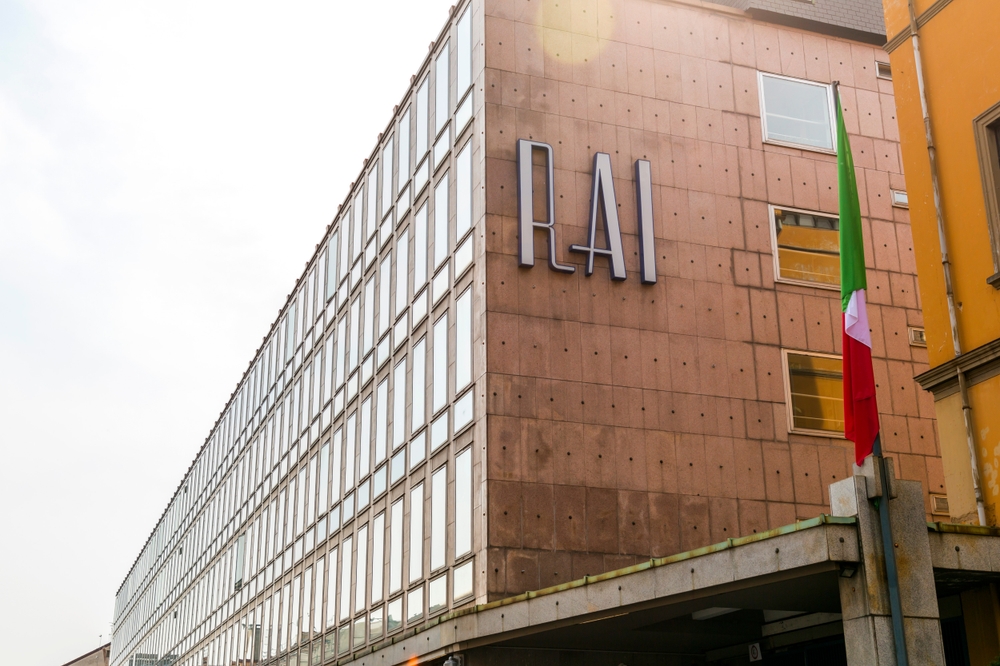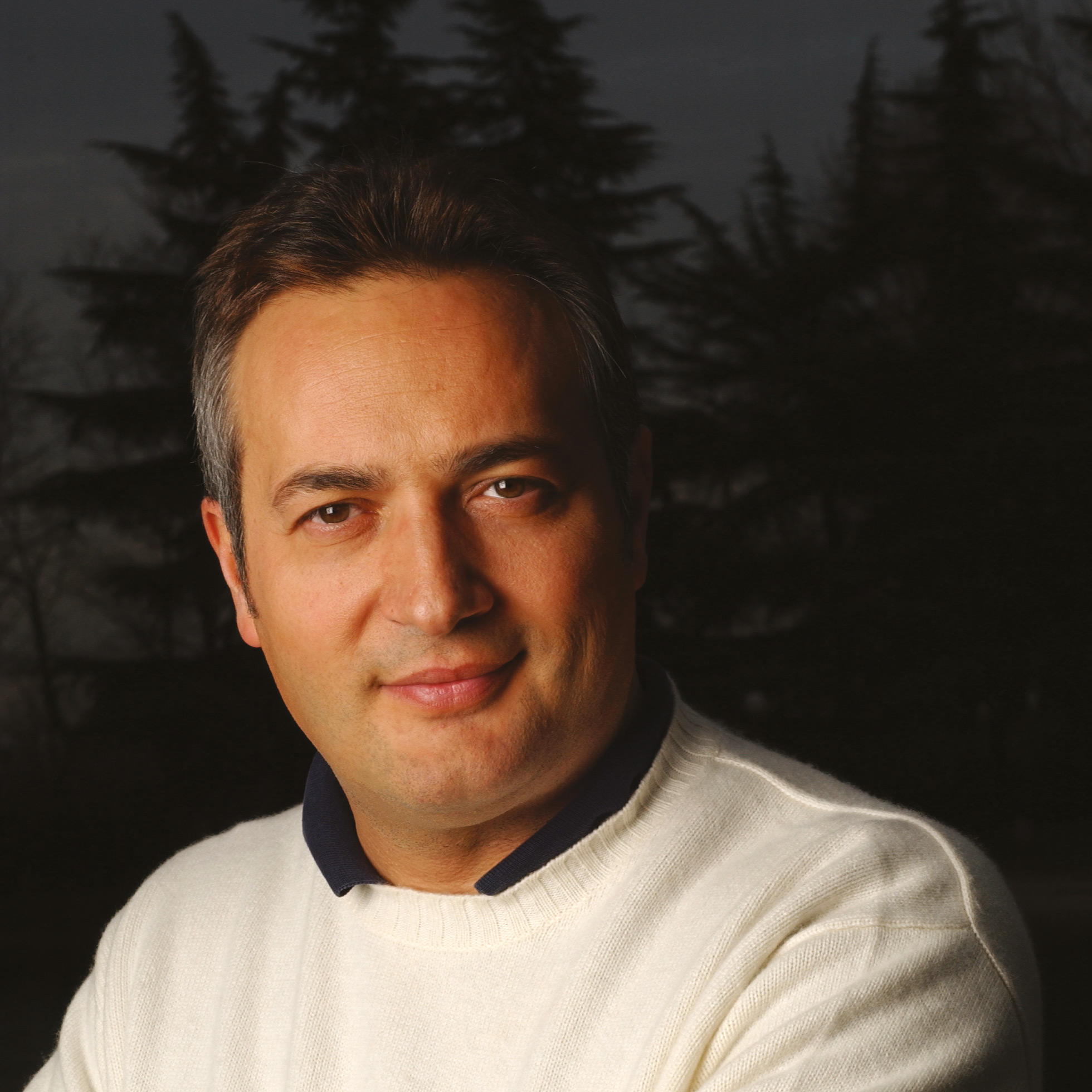If you place desirable seats around a field, players will start to brawl. In a matter of hours, the so-called “wide field” turns into a battlefield of rubble. Forget minimum wage, differentiated autonomy, or citizenship rights. All it took was to tickle appetites over the most important cultural and communication company in the country—Rai—and the fragile cement that barely held together nearly ten leaders (too many) crumbled into pieces.
In the parliamentary election for the board of directors, the Democratic Party (not without internal turmoil) maintained its position, defined as the “Aventino stance.” They refused to participate in a flawed governance system that they believe needs reform. This reform is expected in 2025, partly driven by Europe’s request through the Freedom of Information Act. Renzi’s Italia Viva and Calenda’s Azione followed the lead of PD Secretary Elly Schlein. Meanwhile, the 5-Star Movement and the Green-Left Alliance participated in the vote, securing their board members for now, but aiming for more influence tomorrow in terms of management and programming.
In essence, what was once touted as a “wide field” dissolved into a scramble for seats. AVS co-leader Bonelli bluntly stated, “the wide field doesn’t exist.” A stark contrast, given that just two weeks ago, they were all united on stage at their event in Rome—minus Renzi and Calenda, of course. Could the allure of power at “Mamma Rai” really have swayed them so much? Conte, for his part, deflected the blame, accusing Schlein of voting—or, rather, not voting—like Renzi and Calenda.
Dear friends across the ocean, witness how fragile the human spirit can be. It took very little for grand visions of a better future to shatter against the gates of Viale Mazzini, home to Italy’s most coveted prize.


